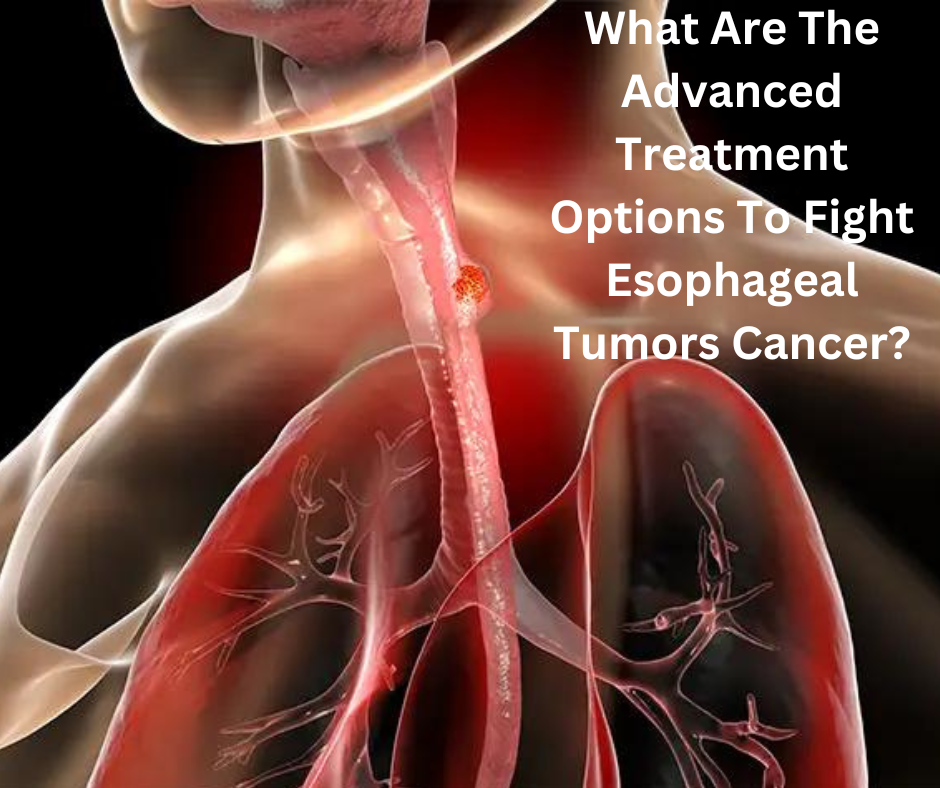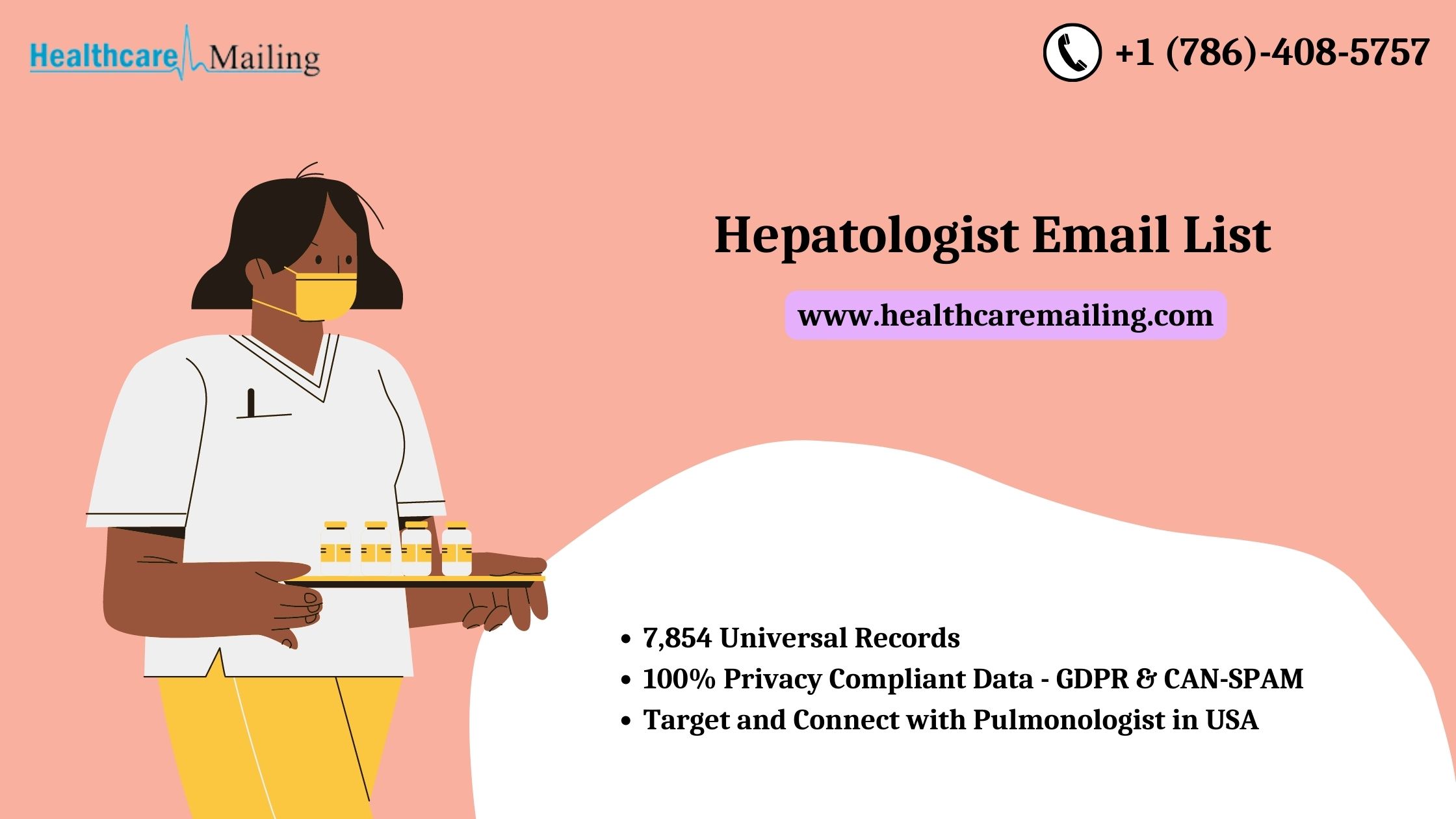Introduction:
Esophageal tumor cancer is a serious condition that can be difficult to diagnose and treat. We will be discussing the advanced treatment options for fighting esophageal tumor cancer. We will start by discussing the diagnosis of esophageal tumor cancer and understanding the different treatment options.
We will then move on to discussing the advanced treatment options to fight esophageal tumor cancer and the potential benefits of these options. You should have a better understanding of the advanced treatment options to fight esophageal tumor cancer and how they can benefit you. Horizon is the Cancer Doctors in Hyderabad.
Diagnosing Esophageal Tumors Cancer
If you are diagnosed with esophageal tumor cancer, you will likely undergo a series of tests to determine the stage and type of your cancer. This information will help to determine the best course of treatment for you. Below, we will outline some of the most common treatments for esophageal tumor cancer and what to expect during each stage.
Diagnosing and staging esophageal tumor cancer is essential in selecting the best treatment options for you. By understanding where your cancer is located and how advanced it is, you can make sure that you receive the best possible care. There are several different ways to stage esophageal tumor cancer, including TNM (tumor, node, and metastasis) staging or SSS (stages, size, spread). This information will help to guide your treatment decisions.
Treatments for esophageal tumor cancer can vary depending on the stage of your disease and the type of tumor that you have. However, most people receive surgery as their first step. Surgery options include resection (removal), ablation (burning), or laser surgery. After surgery is complete, patients may require radiation therapy or chemotherapy treatments in order to kill any remaining tumors.
Medical therapies for esophageal tumor cancers can include chemotherapy drugs like cisplatin or carboplatin as well as targeted agents like PD-1 inhibitors (pembrolizumab Keytruda, nivolumab Opdivo, rituximab Rituxan) or EGFR inhibitors (gemcitabine Gemzar, erlotinib Tarceva, cetuximab Erbitux).
Many patients also choose to undergo immunotherapy injections like ipilimumab (Yervoy) or nivolumab (Opdivo). Depending on the severity of their disease and other factors such as age and medical history, some patients may also require surgery followed by radiation therapy or chemotherapy treatments alone.
Treatment options for metastatic disease are more complex but often include combinations of therapies such as radiation therapy, systemic chemotherapy, targeted agents, and immunotherapy. Clinical trials are available for many types of cancers including esophageal tumors. If you want to explore potential clinical trials available that may be right for you, talk with your doctor.
Enjoy these tips on how to fight Esophageal Tumors Cancer? Early diagnosis is key!
Understanding Esophageal Tumors Cancer And Treatment Options
If you’re living with or have been diagnosed with esophageal tumors cancer, you know that there are a variety of treatment options available to you. This section will give you an overview of these treatments and the various risks and benefits associated with them.
Esophageal tumors cancer can be quite deadly, and it’s important to understand all of your treatment options in order to make the best decision for yourself. Below, we’ll cover the different types of esophageal tumors cancer and the various treatment options that are available. We’ll also briefly discuss radiation therapy and surgery as possible treatments for esophageal tumors cancer.
If you’re looking for more information on esophageal tumors cancer or would like to discuss your individual treatment plan with a doctor, please don’t hesitate to contact our team at our toll-free helpline (1-800-227-2345). Our team members are here to help you understand your diagnosis and provide you with the best possible care!
Evaluating The Benefits And Risks Of Esophageal Tumor Cancer Treatment Options
There are many options available for treating esophageal tumors, and it can be difficult to decide which one is the best for you. This is because each treatment has its own benefits and risks. In this section, we will outline the most common treatment options for esophageal tumors and discuss their benefits, risks, and potential side effects.
One of the most popular treatments for esophageal tumors is surgery. Surgery involves removing the tumor through either a open or closed procedure. The open procedure involves making an opening in your stomach so that the surgeon can see and remove the tumor directly. The closed procedure takes less time but requires a longer hospital stay.
Radiation therapy is another common treatment option for esophageal tumors. Radiation therapy uses high intensity x-rays to damage cancer cells while leaving healthy cells undamaged. Radiation therapy can be delivered through external beam radiation or brachytherapy (a type of radiation therapy that uses sources that are placed inside your body).
Chemotherapy is another common treatment option for esophageal tumors. Chemotherapy drugs cause cancer cells to die by causing damage to their DNA or by stopping their growth. Chemotherapy drugs can be given as a single dose or in multiple doses over time. Some chemotherapeutic agents used in Esophageal Tumor Cancer Treatment include vincristine, doxorubicin, epirubicin, gemcitabine, capecitabine, and oxaliplatin.
Some side effects of chemotherapy include nausea vomiting diarrhea, hair loss, fatigue, constipation, diarrhea, mouth sores on tongue lesions on lips mucous membrane changes on throat ulcers anemia. Chemo-related problems may persist even after treatment ends if not treated. However, since chemotherapy can often lead to other long-term health problems such as infection susceptibility these issues should also be addressed during treatment. For some patients chemotherapy may also trigger severe depression.
Clinical trials are another option for treating Esophageal Tumors Cancer. A clinical trial is a research study in which people with cancer participate by receiving investigational (new) treatments under carefully controlled conditions. Clinical trials may offer more effective treatments than traditional care alone and therefore have the potential to improve patient outcomes considerably..
Clinical trials often have shorter durations than standard care so that they can be completed more quickly.. There are many cancers where clinical trials currently exist but no approved therapies exist. Alternative treatments such as.
Advanced Treatment Options To Fight Esophageal Tumors Cancer
There are many advanced treatment options available to fight esophageal tumors, and each has its own advantages and disadvantages. To make a decision about which treatment is right for you, it’s important to understand the different options and their relative benefits. In this article, we will outline the most common treatments for esophageal tumors and discuss their advantages and disadvantages.
Surgery is the primary treatment option for esophageal tumors, and it offers a high cure rate. However, surgery is often difficult and requires extensive preparation ahead of time. It can also be expensive, so it’s important to consider all of the potential benefits before choosing surgery as your primary treatment option.
Radiation therapy is another common treatment option for esophageal cancer patients. Radiation therapy works by damaging the tumor cells while leaving healthy cells undamaged. This approach has a high cure rate, with around 90% of patients achieving a complete remission following radiation therapy. However, radiation therapy can be very harsh on the body, so it’s important to choose the right type of radiation therapy for your specific tumor type and symptoms.
Chemotherapy is another popular treatment option for esophageal cancer patients. Chemotherapy comes in two main forms: systemic chemotherapy (chemotherapy that is taken throughout the entire body) and regional chemotherapy (chemotherapy that is only given in specific areas of the body). Systemic chemotherapy has a higher cure rate than regional chemotherapy, but it carries more side effects including fatigue, nausea/vomiting, hair loss/thinning skin folds at injection sites etc.. Regional chemotherapy may require fewer side effects but doesn’t always achieve a higher cure rate overall..
Cryotherapy is an emerging technology that may offer some benefit over traditional treatments such as surgery or radiation therapy in treating certain types of Esophageal Tumors Cancer.. Cryotherapy uses extreme cold temperatures to destroy tumors by freezing them solid.. Some studies have shown that cryotherapy may have better results than traditional therapies when used in combination with other treatments such as surgery or radiation therapy..
Photodynamic Therapy (PDT) uses light energy to target tumor cells specifically.. PDT has shown promise as an alternative or adjunct treatment to Surgery in treating certain types of Esophageal Tumors Cancer.. PDT can also be used alone as an adjuvant strategy against locally advanced disease.. PDT should not be used if there are any pre-existing skin conditions such as sunburns or extensive acne.. Endoscopic Mucosal rise.
Conclusion;
In Conclusion, this Article in Tricky Logics has given you the information regarding the health care of Cancer. Esophageal tumor cancer is a serious and potentially life-threatening form of cancer. It is important to understand the diagnosis process, treatment options, and advanced treatments available in order to better combat this disease. Early detection and diagnosis are key when it comes to managing this type of cancer.
If you have any symptoms or concerns regarding esophageal tumor cancer, it is important to consult with a qualified healthcare provider as soon as possible. Together, you can create a plan that will give you the best chance of fighting your condition.








